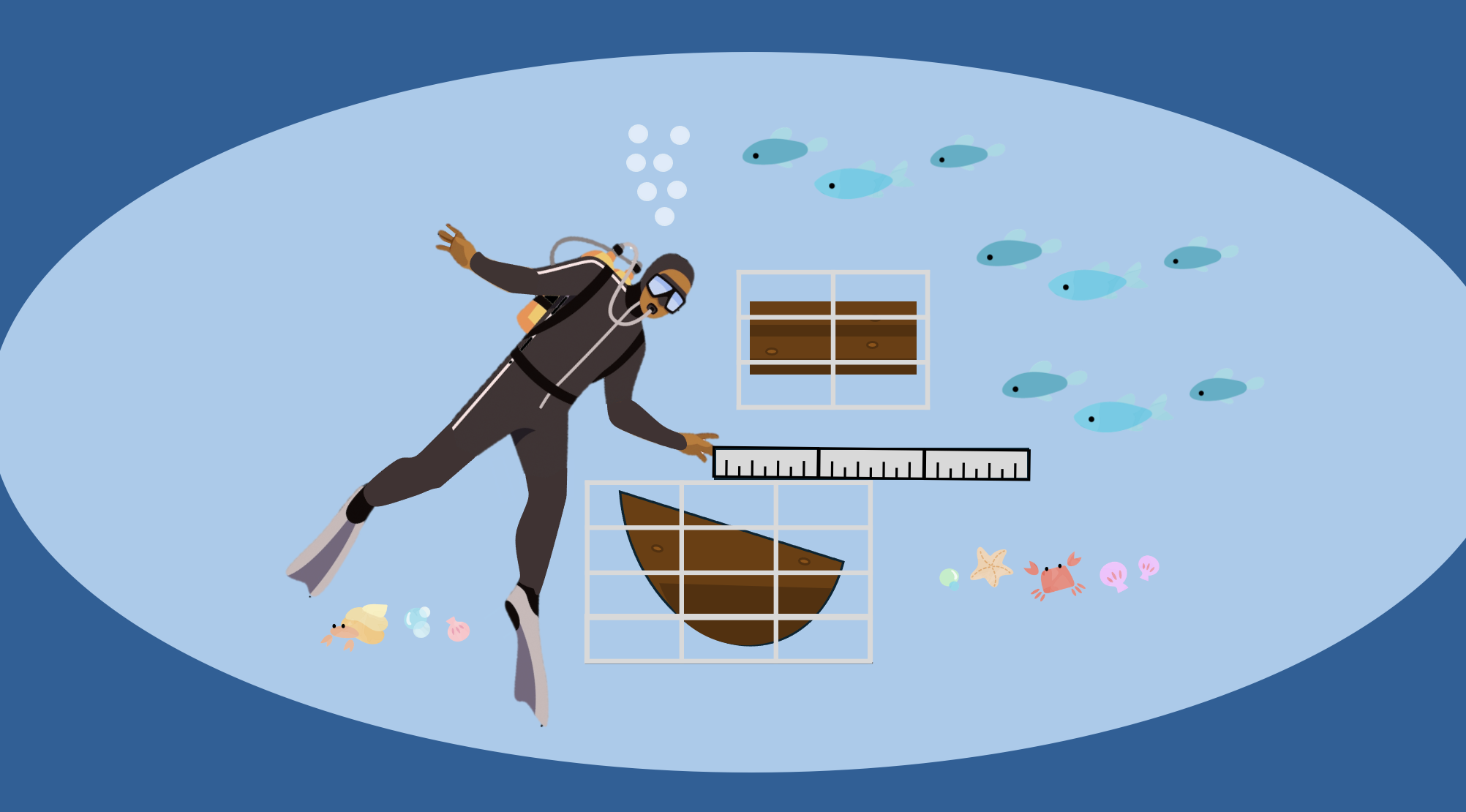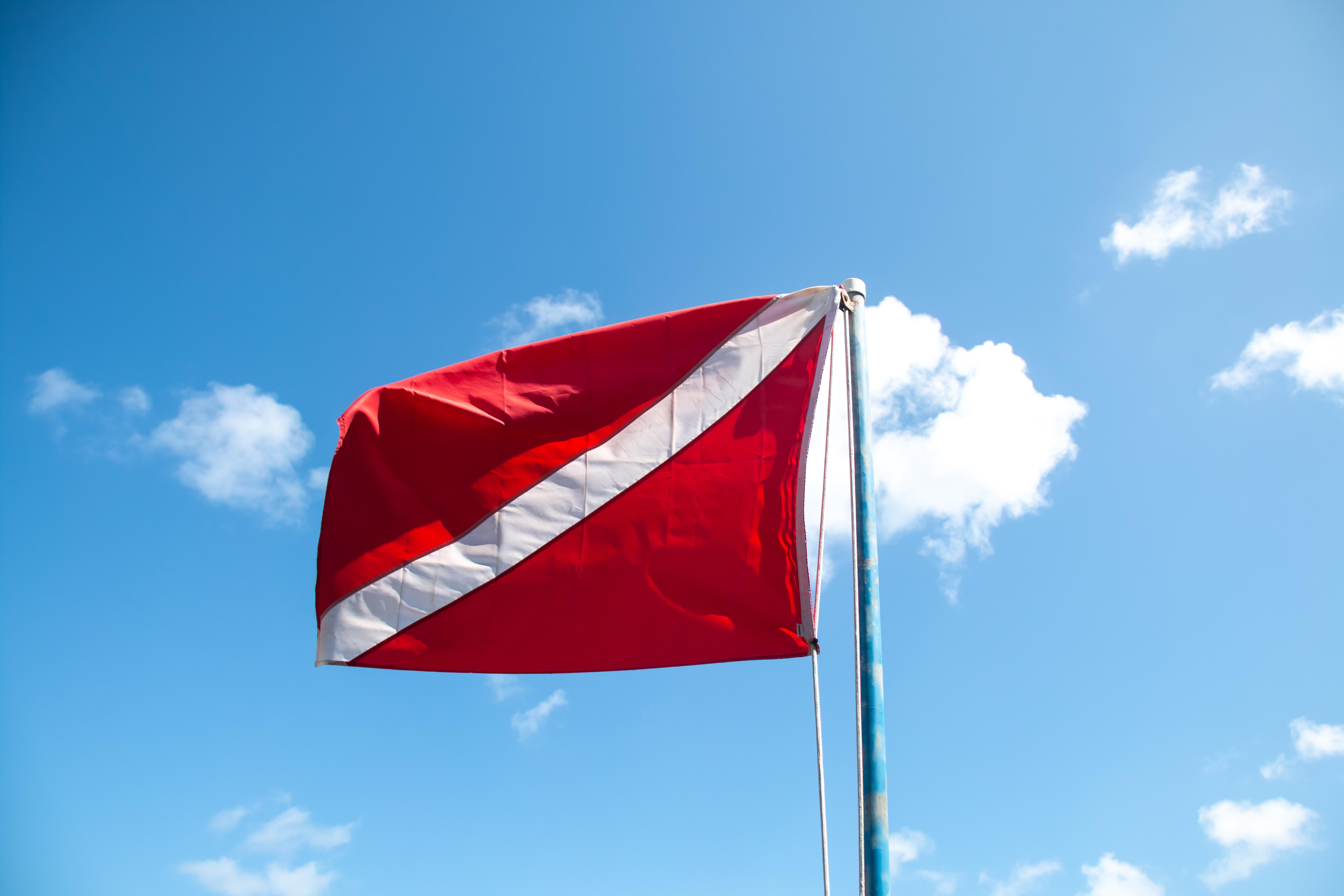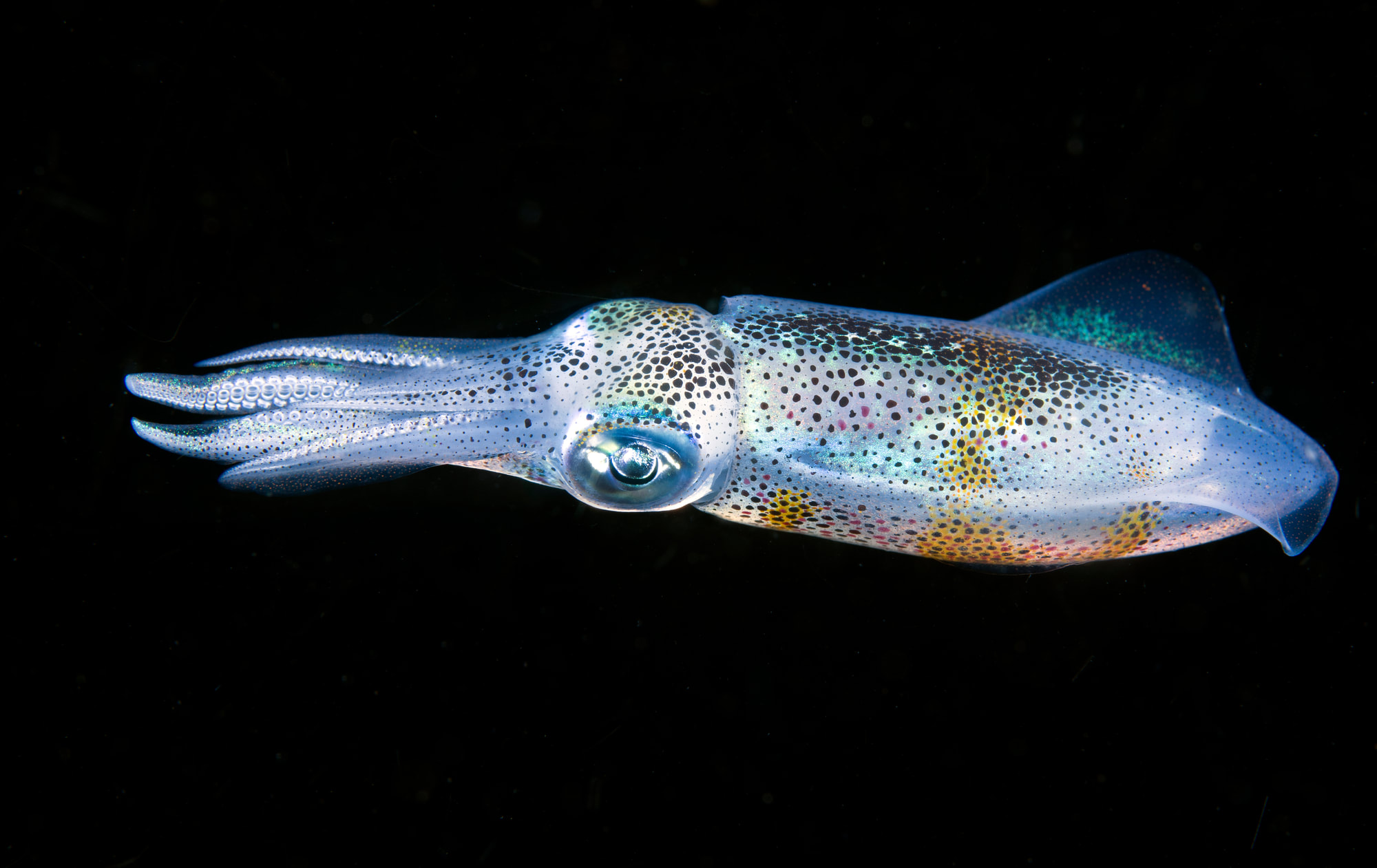Archeologist Diver
Archaeologist divers, also known as maritime or underwater archaeologists, specialize in exploring and studying submerged cultural heritage
Their work involves recovering artifacts, documenting underwater sites, and analyzing historical findings to understand human history.

Shipwreck Exploration
-
Historical Shipwreck Surveys: Investigating shipwrecks to document their historical significance and map their remains.
-
Artifact Recovery: Carefully excavating and retrieving artifacts such as ceramics, coins, weapons, and tools for analysis.
-
Preservation of Wrecks: Stabilizing or conserving shipwreck sites to prevent further deterioration.
Submerged City and Settlement Studies
-
Ancient Harbor Research: Exploring and mapping ancient ports and harbors to understand trade routes and maritime infrastructure.
-
Lost Civilizations: Investigating underwater ruins of cities submerged due to sea-level rise, earthquakes, or other natural disasters.
-
Cultural Landscape Reconstruction: Analyzing submerged settlements to reconstruct the lifestyles and environments of past societies.
Cultural Heritage Preservation
-
Site Conservation: Designing and implementing strategies to protect underwater archaeological sites from natural erosion and human interference.
-
Legal Advocacy: Working with governments or organizations to enforce protections for submerged cultural sites under laws like the UNESCO Convention on the Protection of Underwater Cultural Heritage.
-
Artifact Conservation: Using specialized techniques to preserve recovered artifacts in laboratories.
Surveying and Mapping
-
Site Mapping: Creating detailed maps and 3D models of underwater archaeological sites using sonar, photogrammetry, and other tools.
-
Remote Sensing: Using technologies like side-scan sonar or magnetometers to locate and identify submerged sites.
-
GIS Applications: Employing Geographic Information Systems (GIS) to analyze spatial relationships between archaeological sites.
Environmental Impact Assessments
-
Pre-Construction Surveys: Conducting archaeological surveys before the development of underwater infrastructure, such as pipelines, wind farms, or ports.
-
Mitigation Strategies: Recommending measures to protect cultural heritage sites from construction or other disruptions.
Scientific Research
-
Material Analysis: Studying artifacts to determine their composition, origin, and historical context.
-
Historical Documentation: Analyzing ship logs, records, or oral histories to complement underwater findings.
-
Environmental Studies: Understanding how environmental factors influence the preservation of underwater sites.
Education and Outreach
-
University Teaching: Instructing students in underwater archaeology techniques, history, and conservation.
-
Public Lectures and Exhibitions: Sharing discoveries with the public through presentations, museum displays, or documentaries.
-
Diving Tours: Leading educational diving excursions to archaeological sites for the public or specialized groups.
Collaboration with Other Fields
-
Marine Biology and Ecology: Working with marine scientists to assess the impact of underwater archaeological work on marine ecosystems.
-
Engineering and Robotics: Collaborating with engineers to design tools, ROVs (remotely operated vehicles), or other equipment for deep-sea exploration.
-
History and Anthropology: Partnering with historians and anthropologists to contextualize findings within broader historical narratives.
Specialized Archaeological Work
-
Ice and Cold-Water Archaeology: Exploring and preserving artifacts and sites in polar or cold-water environments.
-
Deep-Sea Archaeology: Utilizing advanced technologies like ROVs and submersibles to access and study sites at great depths.
-
Military and Naval Archaeology: Investigating sunken warships, submarines, and battle sites to uncover insights into naval history.
Roles in Nonprofit and Government Organizations
-
Heritage Management: Working with organizations to manage and protect underwater cultural heritage globally.
-
Policy Development: Assisting in creating policies to govern underwater archaeological practices and protect sites.
-
NGO Roles: Supporting conservation and research through nonprofit entities focused on cultural heritage.
Media and Exploration
-
Documentaries and Films: Collaborating with filmmakers to document underwater archaeological expeditions.
-
Writing and Publications: Publishing findings in academic journals, books, or popular science media to share discoveries with diverse audiences.

Qualifications and Skills
Archaeologist divers typically have:
-
Academic Background: Degrees in archaeology, anthropology, or maritime studies, often with a focus on underwater archaeology.
-
Diving Certification: Advanced scuba diving certifications, such as rescue diver or technical diver, and experience in archaeological diving techniques.
-
Specialized Skills: Knowledge of underwater excavation, conservation, and survey equipment, including sonar and photogrammetry.
Archaeologist divers play a crucial role in uncovering humanity's submerged past, combining technical diving skills with historical research to preserve and share the stories of our maritime heritage.

